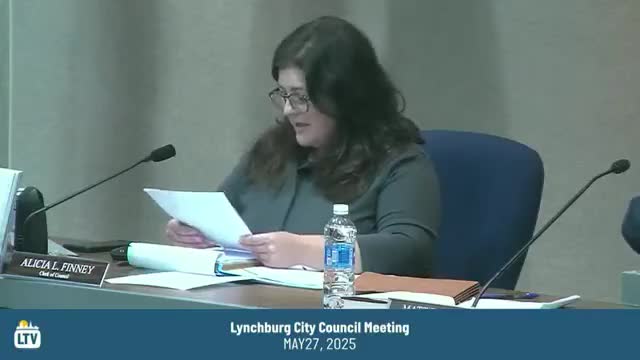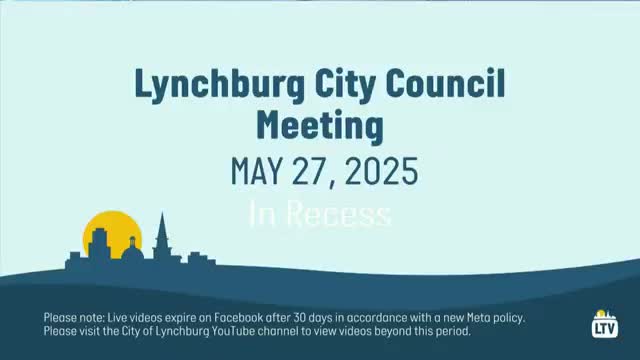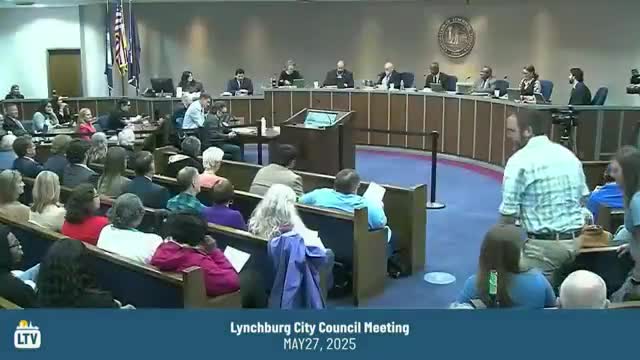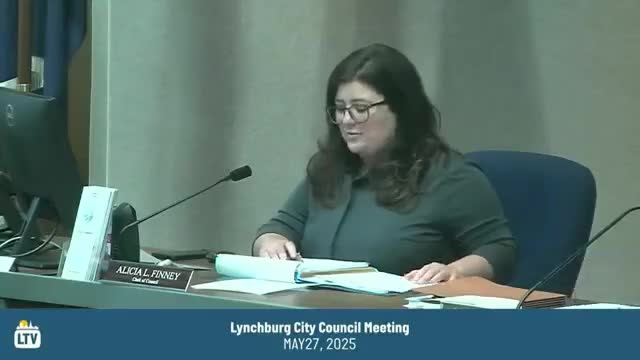Article not found
This article is no longer available. But don't worry—we've gathered other articles that discuss the same topic.

Council opens public hearing on school board vacancies, schedules candidate interviews

Council kills proposed 12.5% lodging tax and $10 nightly fee after hours of public comment

Votes at a glance: key Lynchburg council actions, May 27, 2025

